Kamelya Cinnamom Essential Oil (Cinnamomum verum)
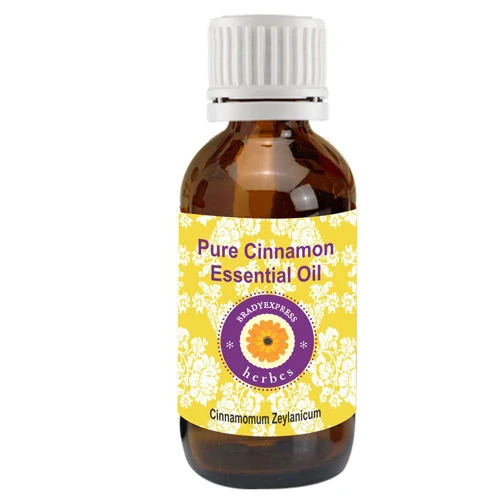
FRee Shipping Pure Cinnamon Essential Oil Cinnamomum zeylanicum 100
We source Cinnamon essential oil from Cinnamomum verum. The Latin name of this tree was recently updated from Cinnamomum zeylanicum to Cinnamomum verum. They are the same species, but Cinnamomum verum is the accepted Latin name going forward. The diversity within this single tree is fascinating. Depending on the plant part that's distilled.

Cinnamon Bark (Cinnamomum Zeylanicum) 100 Essential Oil Black
Cinnamon is a spice that is made from the inner bark of trees scientifically known as Cinnamomum.. such as eggs, vegetables, and olive oil, may help increase GLP-1 levels. READ MORE.
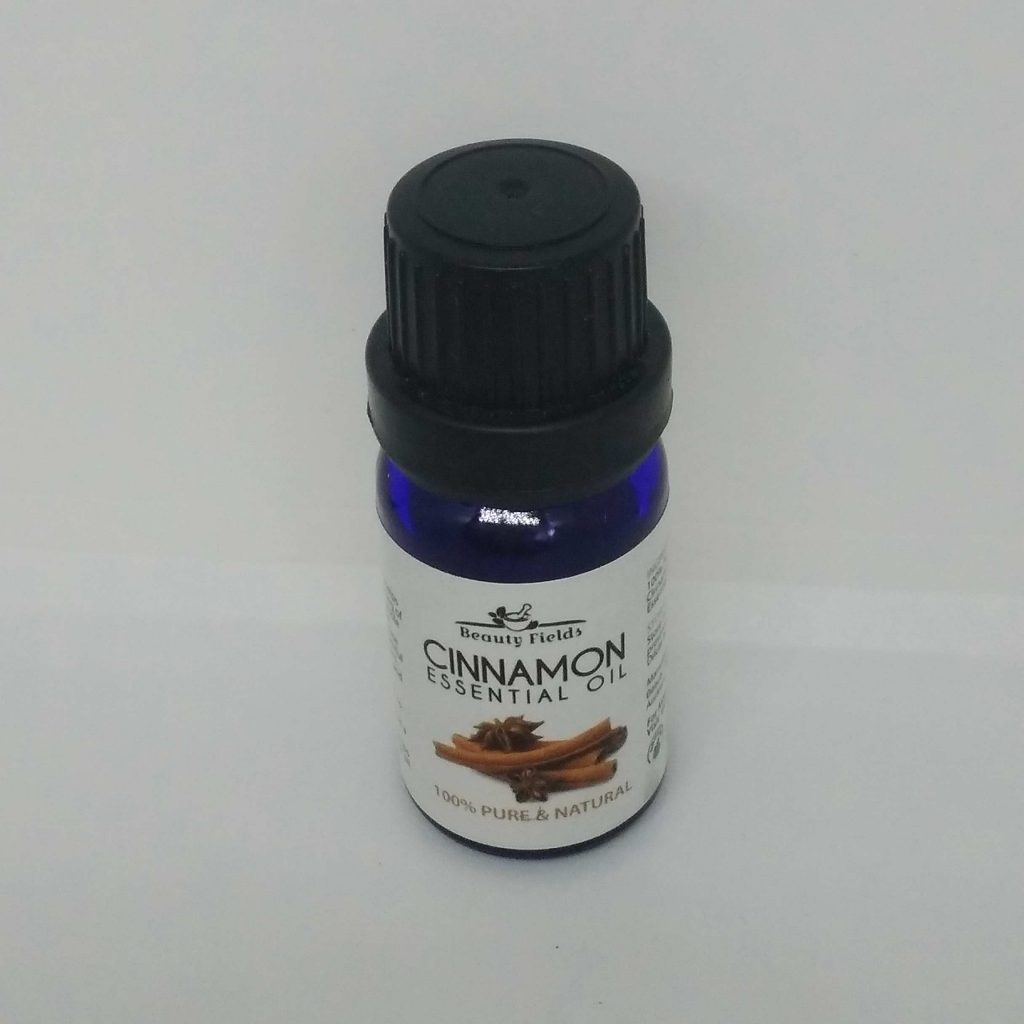
Buy And Save On Cinnamon Oil + 4 Easy Uses Beauty Fields NZ
Introduction. Cinnamon (Cinnamomum zeylanicum) bark essential oil (CBEO) has been used for thousands of years in Ayurvedic medicine to soothe aching joints and numb pain.It is still used for similar purposes in India, presumably because of its antiinflammatory property. CBEO typically contains a very high amount of cinnamaldehyde and a small amount of eugenol, among many other aromatic compounds.
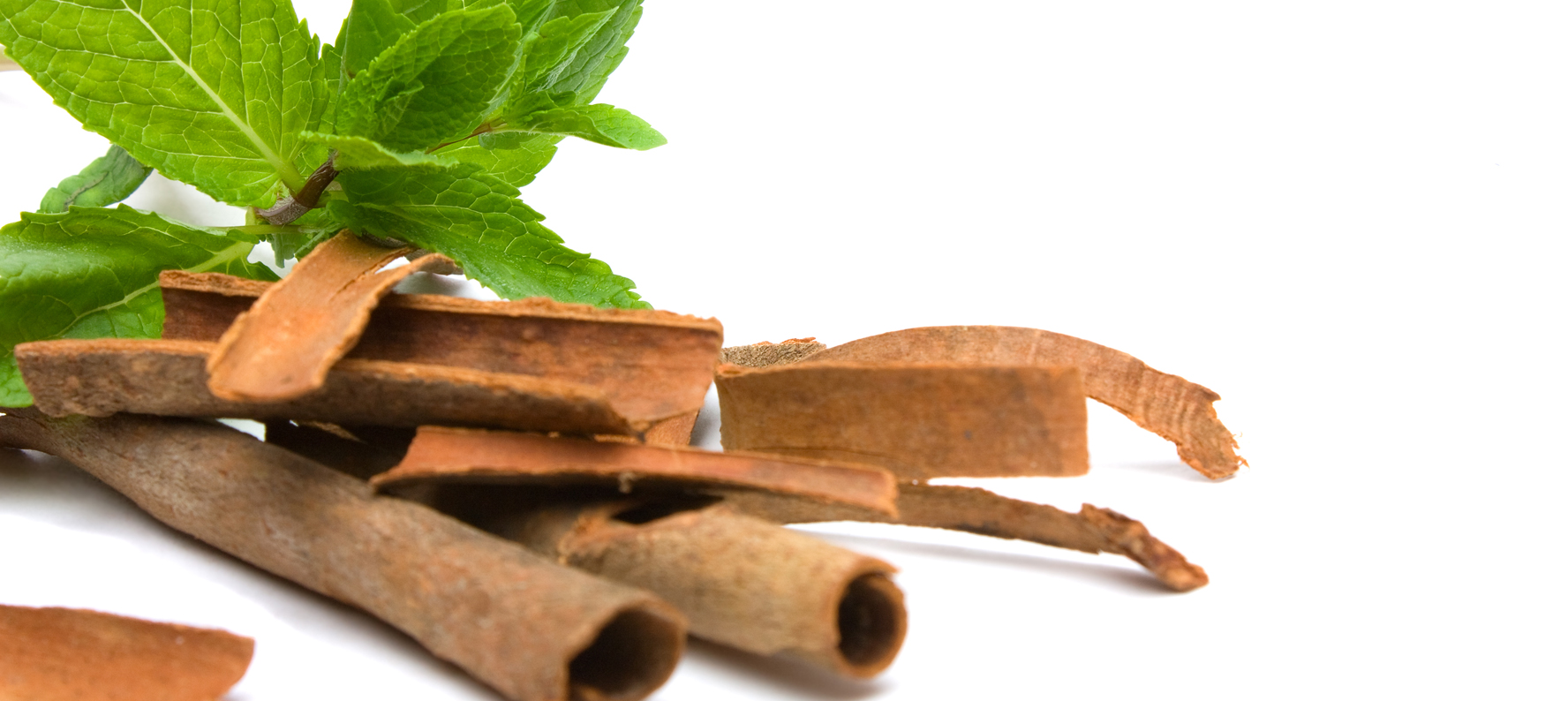
Cinnamomum cassia leaf oil NutraWiki
Cinnamon bark oil (Cinnamomum verum) is derived from the plant of the species name Laurus cinnamomum and belongs to the Lauraceae botanical family. Native to parts of South Asia, today cinnamon plants are grown across different nations throughout Asia and shipped around the world in the form of cinnamon essential oil or cinnamon spice.
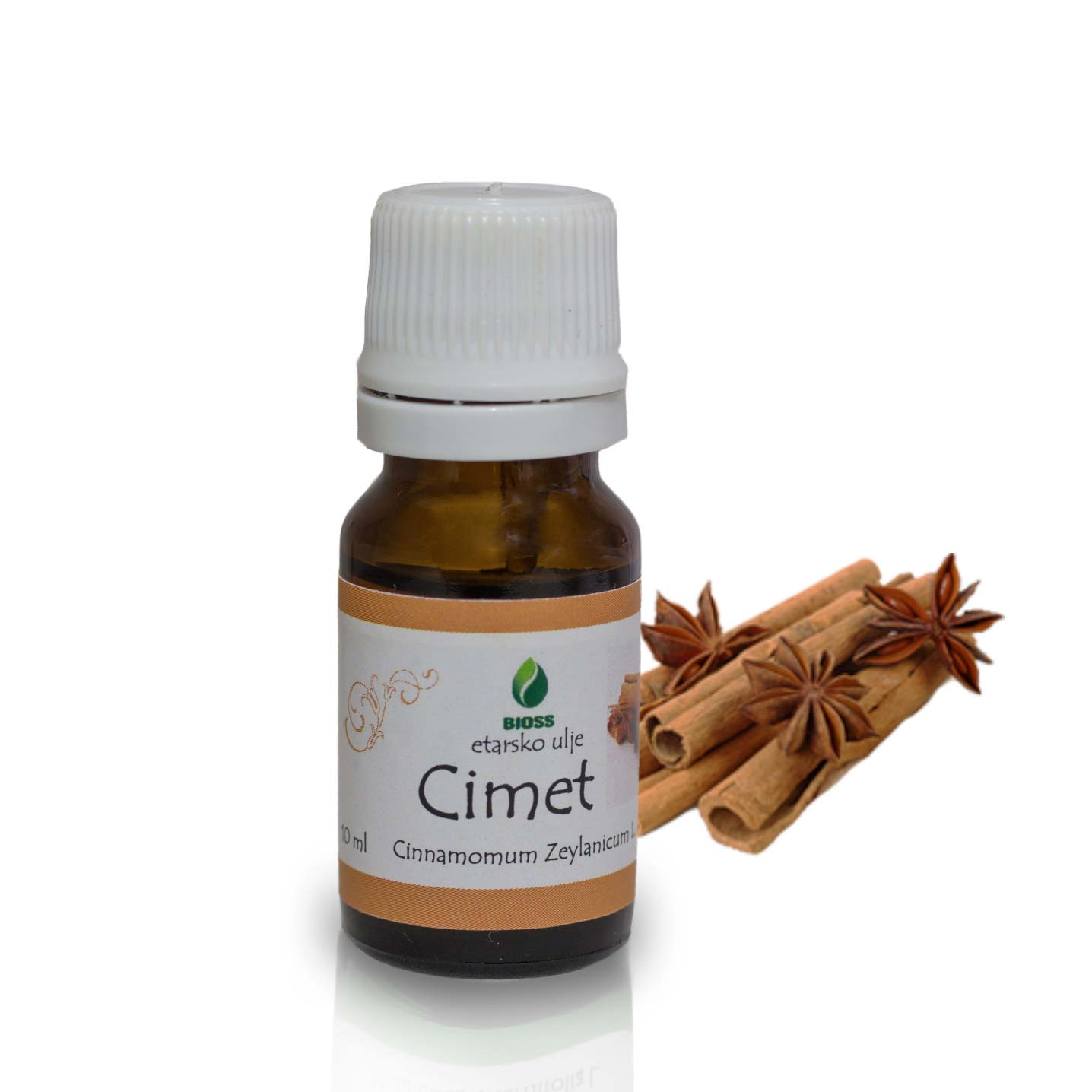
Cinnamon bark essential oil (Cinnamomum verum) BIOSS
Benefits/Uses. 1. Promotes Healing. Camphor has antibacterial and anti-inflammatory properties, making it a natural agent for fighting skin infections. It's often used optically to soothe skin irritations and itchiness and speed up wound healing. Studies show that Cinnamomum camphora has antibacterial effects and possesses antimicrobial activity.
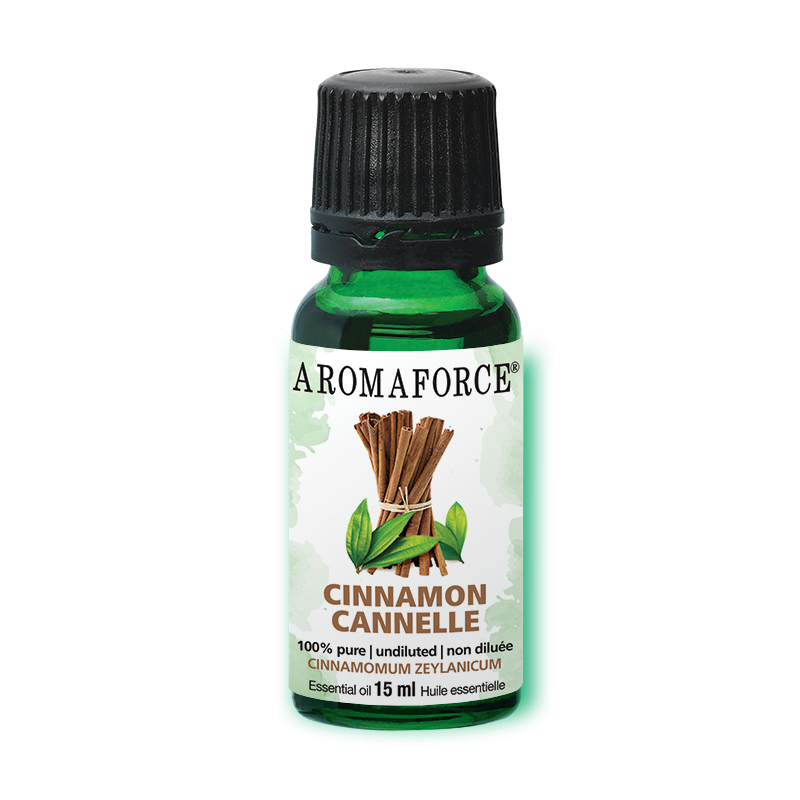
Aromaforce Cinnamon Essential Oil (Cinnamomum zeylanicum)
Cinnamon essential oil is extracted from the outer bark (and sometimes the leaves) of Cinnamomum trees that are native to South Asia. Oil sourced from the bark is usually preferred to the oil extracted from leaves as its spiciness is more potent. This is also true when the oil is compared to the dried spice alternative.

Label Slow Cosmétique®
Cassia cinnamon comes from the Cinnamomum cassia tree, also called Cinnamomum aromaticum.. Roughly 95% of its oil is cinnamaldehyde, which gives cassia a very strong, spicy flavor .

Organic Cinnamon Leaf Oil (Cinnamomum Zeylanicum) 10ml Better Sleep Zone
Introduction. The Cinnamomum plants have been studied for its phyto-constituents and pharmacological properties as well as traditional medicinal significance.Cinnamomum verum, known as the "true cinnamon tree" and "Ceylon cinnamon tree" is an evergreen small, tree that belongs to the Lauraceae family.Along with other cinnamon species, such as Cinnamomum cassia, Cinnamomum verum etc.

Cinnamon Essential Oil (Cinnamomum Zeylanicum)Private Label Cosmetics
Cinnamon (Cinnamomum zeylacium) comes from the bark of various species of cinnamon trees. It has been used as a spice and medicinal remedy for thousands of years. Cinnamon is an aromatic and versatile ingredient in sweet and savory recipes.. Cinnamon contains a compound called cinnamaldehyde, which is present in the oil. It contributes to.
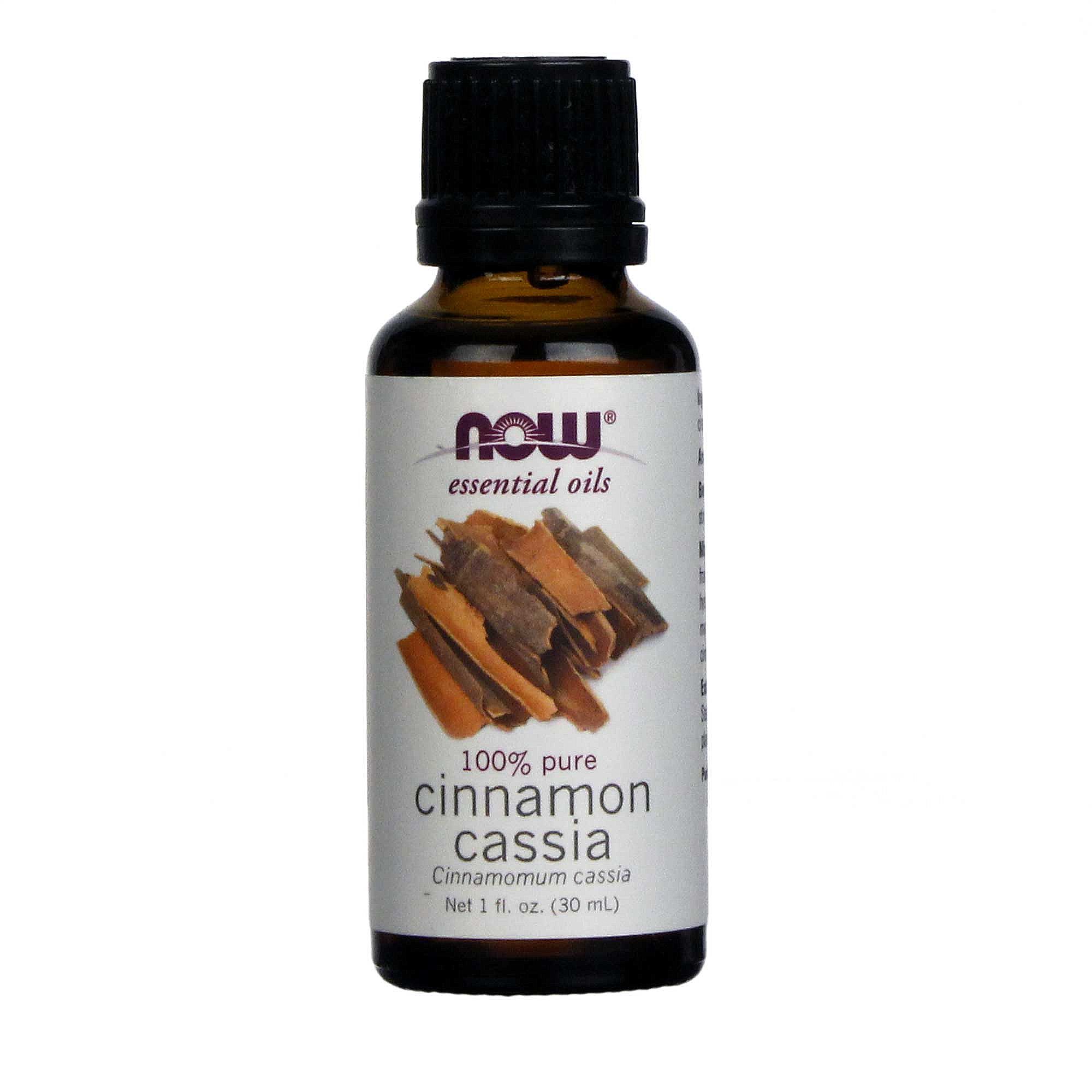
Now Essential Oils Cinnamon Cassia1oz/30ml Natural Oil Bar
In the present study, Cinnamomum verum J. Presl. bark essential oil and its main component cinnamaldehyde was evaluated in vitro for neuraminidase (NA), transmembrane serine protease (TMPRSS2), and angiotensin converting enzyme 2 (ACE2) inhibitory activities. The chemical composition of C. verum essential oil was confirmed by both gas chromatography-mass spectrometry (GC/MS), and gas.
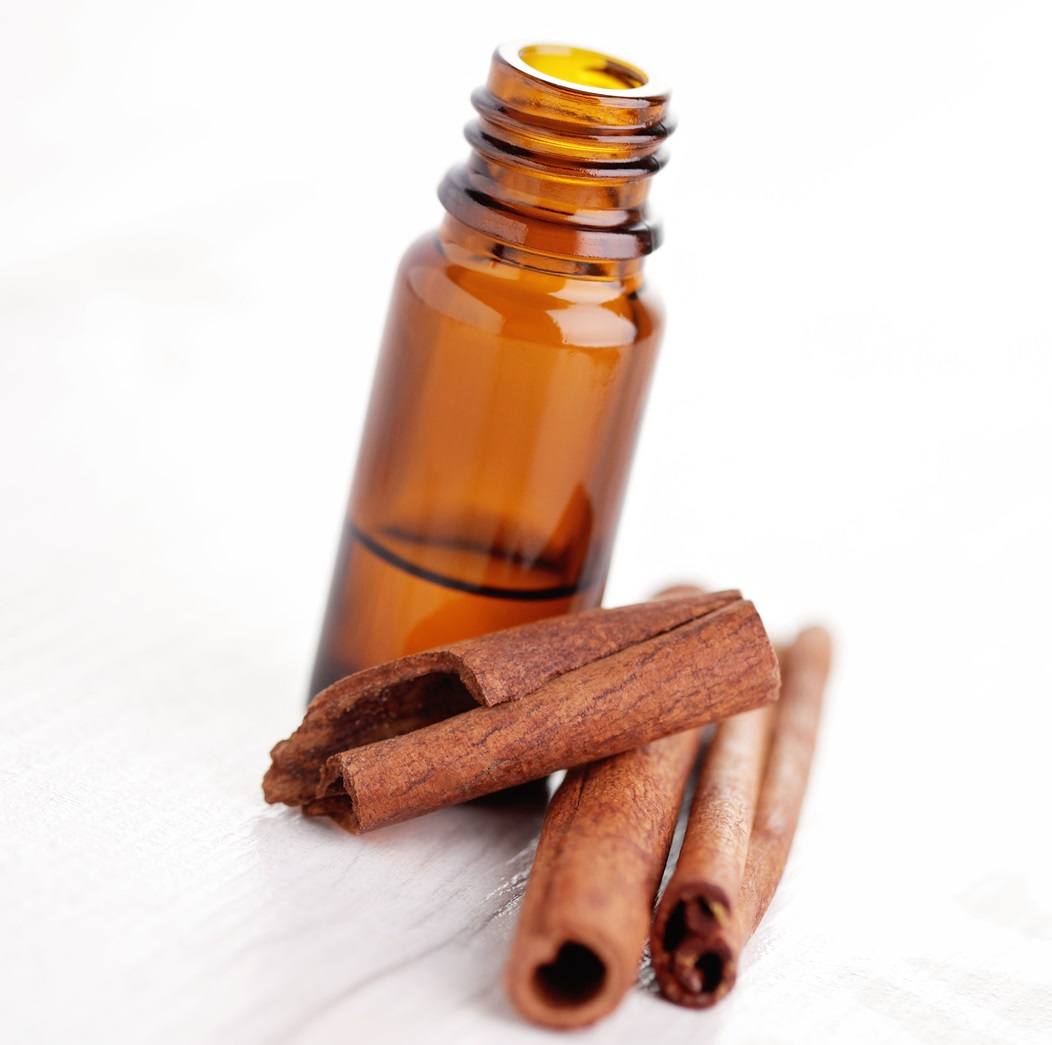
Using Cinnamon and Cinnamon Oil to Cure Disease
The scientific name for the popular cinnamon varietal is Cinnamomum cassia (i.e. Chinese cinnamon). However, there are many other types of cinnamon that are widely available, including:. Another lab-based study found that cinnamon essential oil helped to decrease the production of nitric oxide, the levels of monocyte chemoattractant protein.
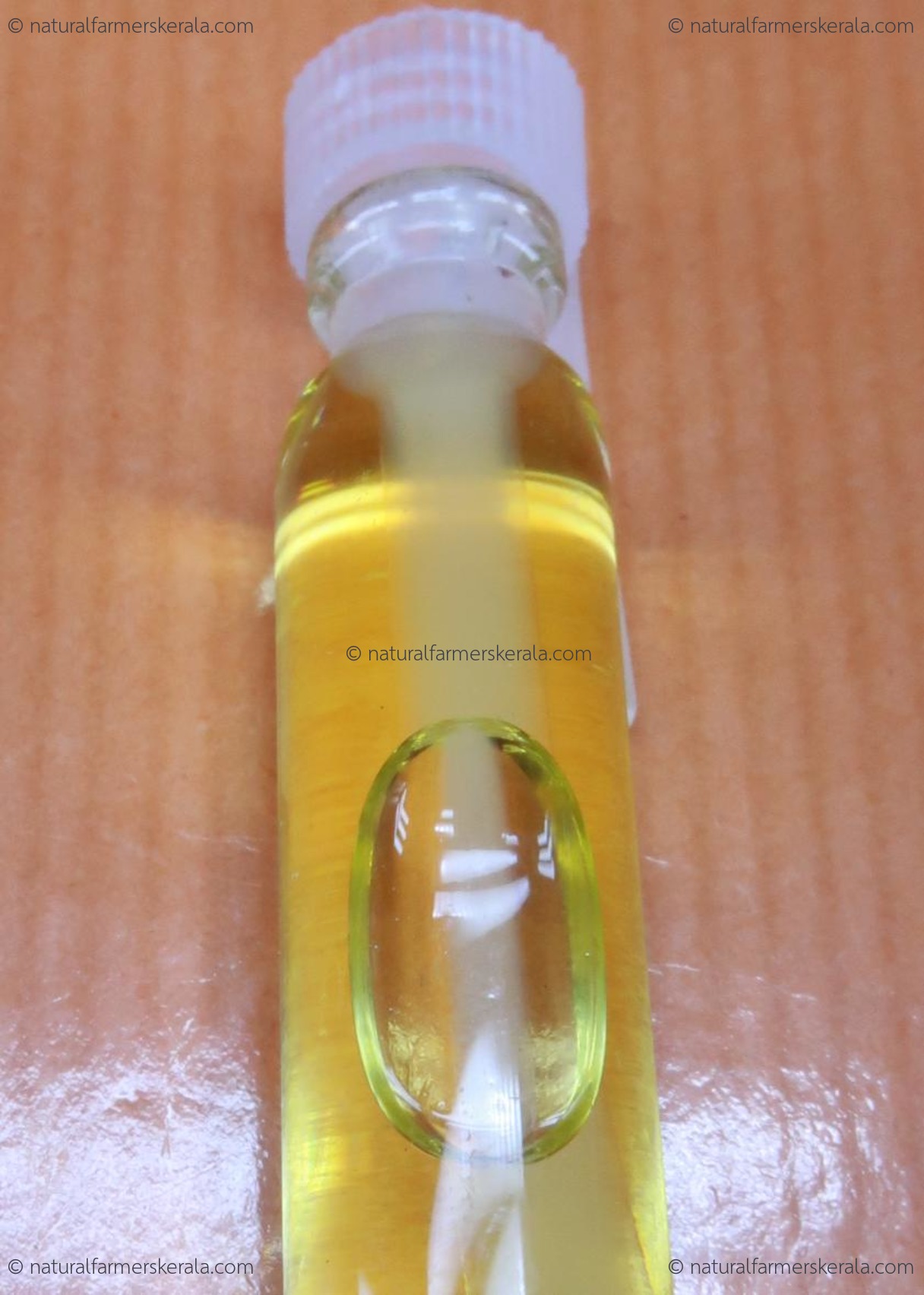
True Ceylon Cinnamon (cinnamomum verum) leaf Oil Natural Farmers Kerala
The type of cinnamon commonly found on grocery store shelves and in food products is known as cassia cinnamon, derived from the Cinnamomum cassia tree. This type contains significantly fewer.
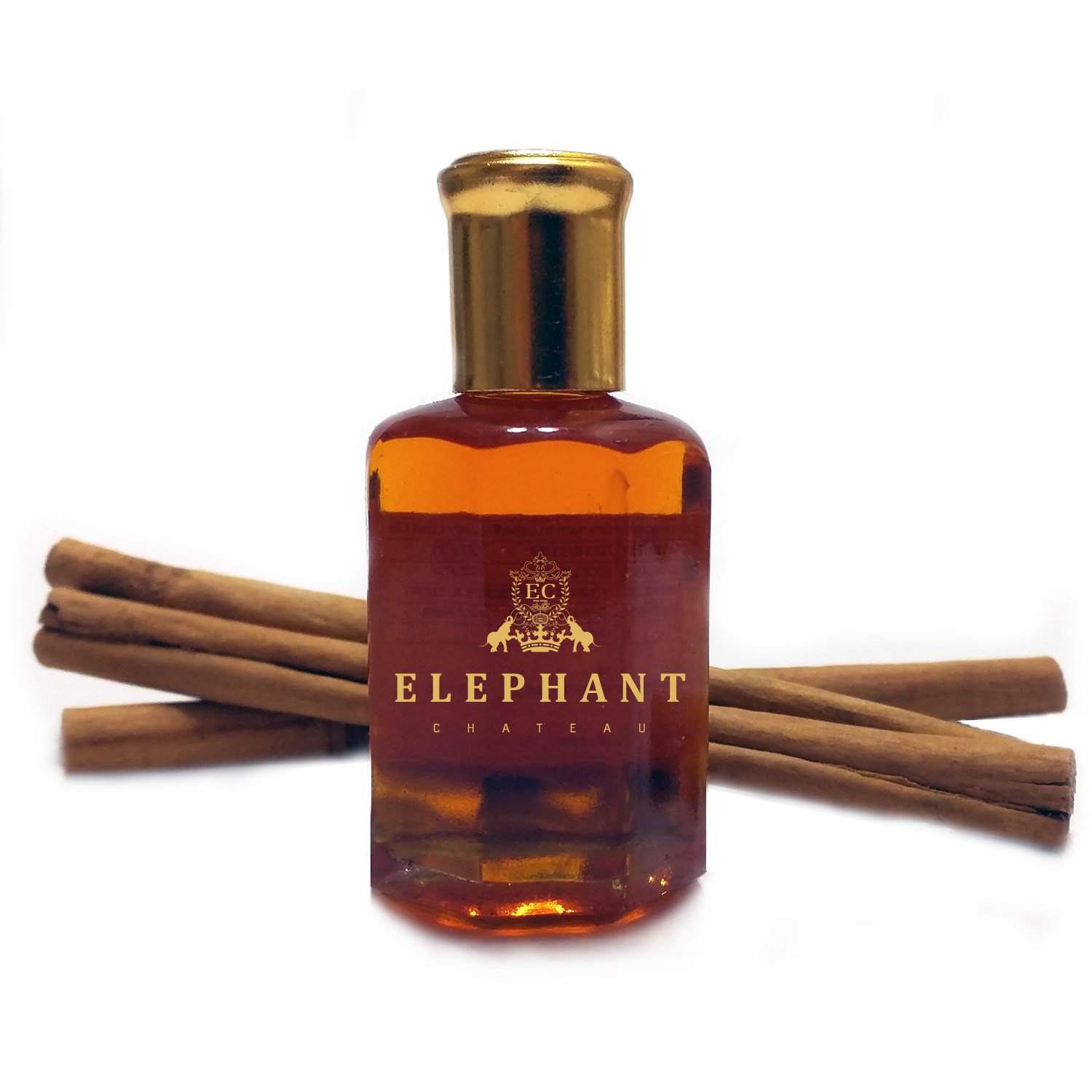
Organic Ceylon Cinnamon Leaf Essential Oil 100 Pure Cinnamomum
Cinnamon Leaf Oil Uses and Benefits / Blends & Suggestions. To relieve feelings of depression, and hopelessness, vaporize 2 drops of cinnamon leaf, and 4 drops of sweet orange. To sooth mental exhaustion and promote fresh thinking, use 1 drop of cinnamon leaf on a tissue and inhale gently. To increase circulation mix cinnamon leaf with ginger.

Kamelya Cinnamom Essential Oil (Cinnamomum verum)
Many companies that produce the oil claim that it is a good antibacterial and antifungal agent, making it very effective in the treatment of infections. Recent research suggests that [12] Cinnamomum cassia oil has the potential to be used as a natural antibacterial agent in the food industry.
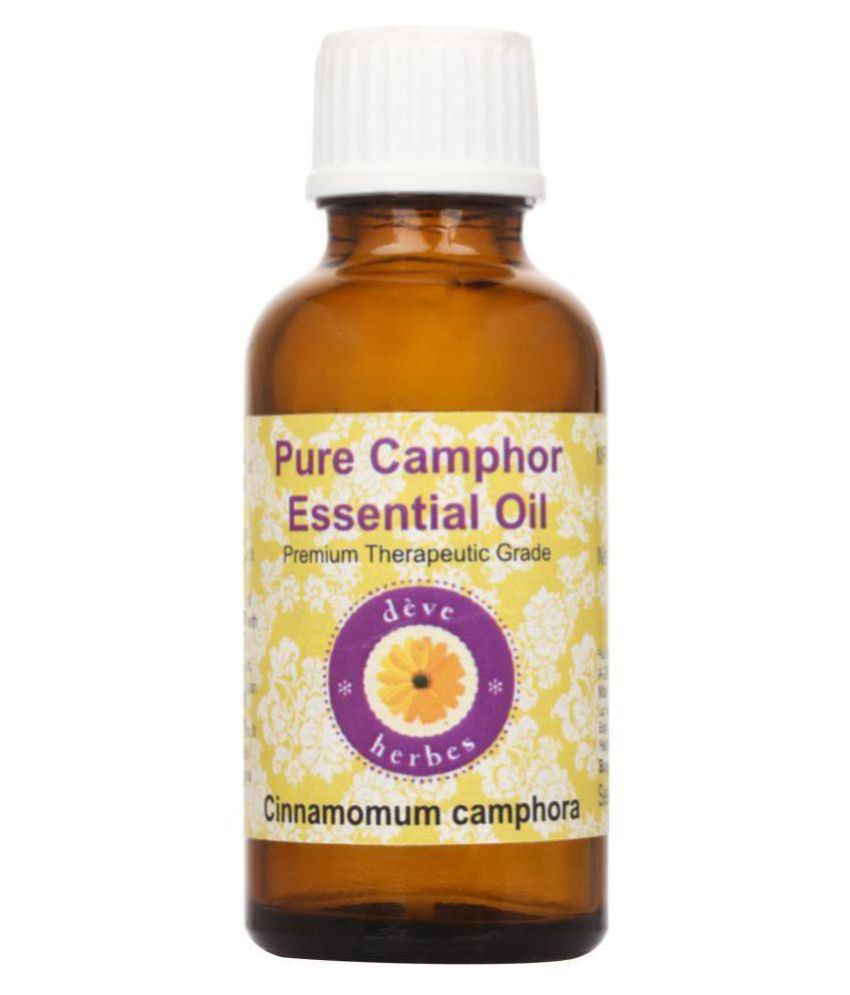
Deve Herbes (Cinnamomum camphora) Carrier Oil 50 ml Buy Deve Herbes
Cinnamomum malabatrum, young leaves, Kerala, India. Cinnamomum is a genus of evergreen aromatic trees and shrubs belonging to the laurel family, Lauraceae.The species of Cinnamomum have aromatic oils in their leaves and bark.The genus contains approximately 250 species, distributed in tropical and subtropical regions of South Asia, Southeast Asia, East Asia and Oceania/Australasia.
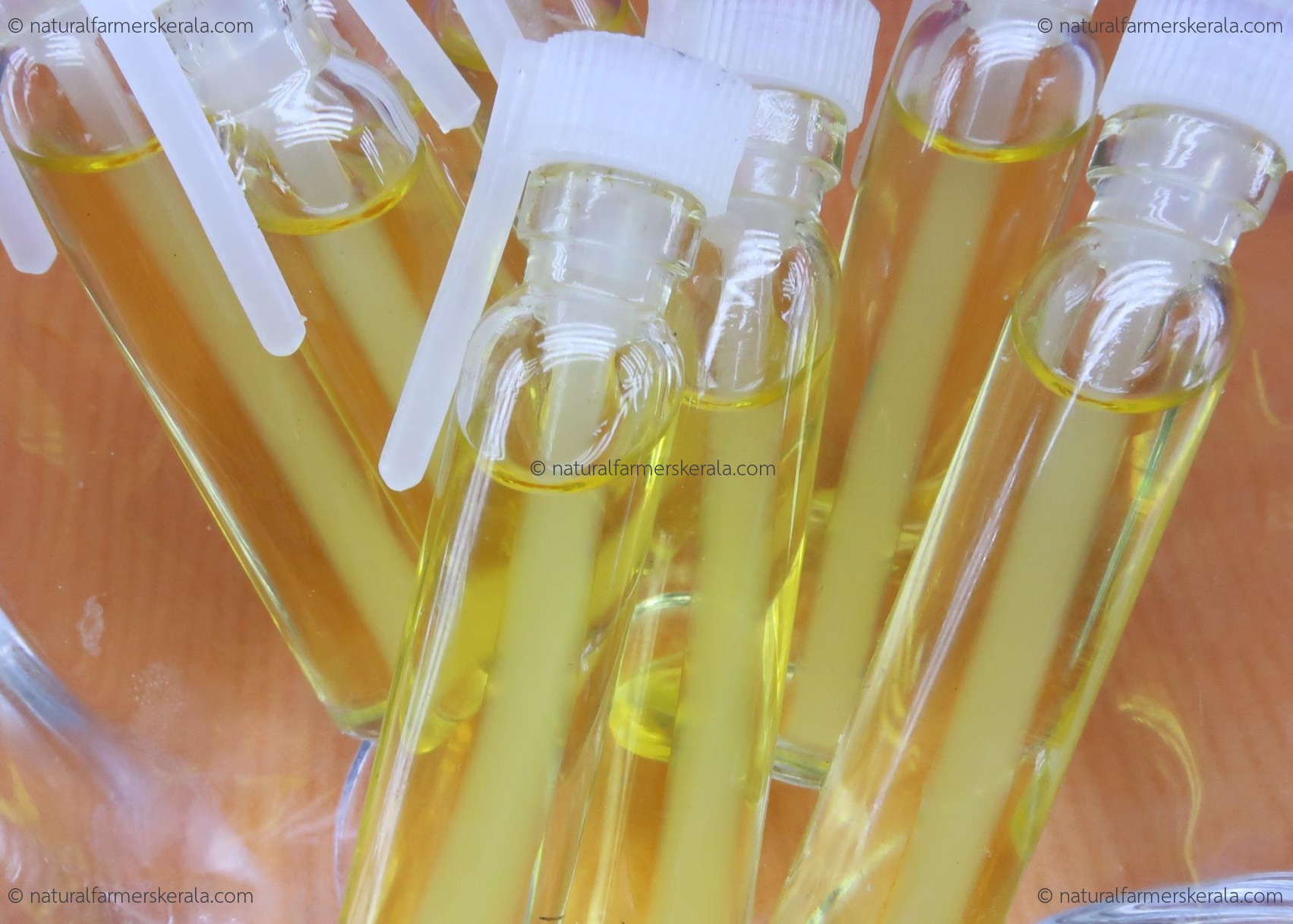
True Ceylon Cinnamon (cinnamomum verum) leaf Oil Natural Farmers Kerala
Cinnamomum micranthum ('Ohba-Kusu' or 'Pha-Chium') is a thrid species, commonly called the large-leaf camphor tree, growing naturally in northern Taiwan below 1000 m, the essential oil contains 95% safrole.In countries where Camphor laurel is naturalized the camphor form is dominant (70-80%) such as in Cuba (Pino, 1998), Assam, India (Pindey et.